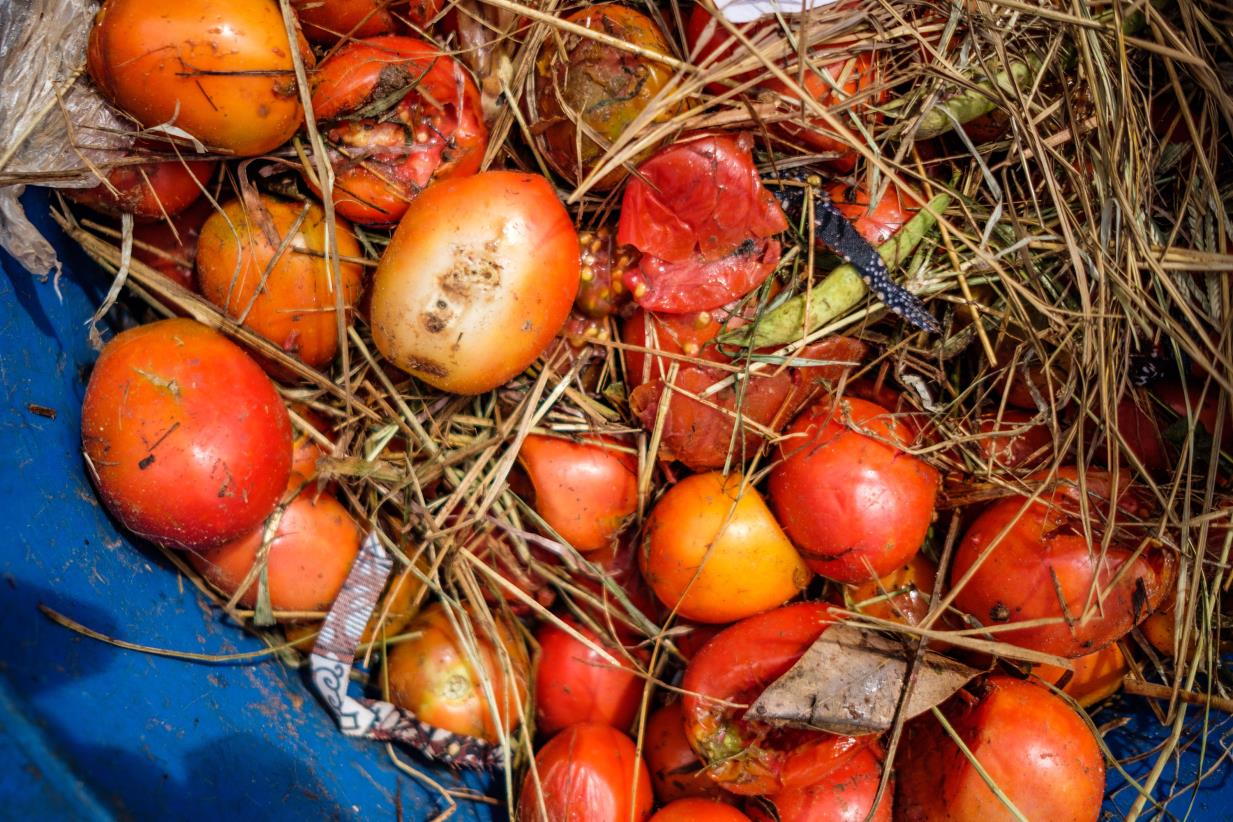FAO and UNEP join hands to Prevent Food Waste in the Arab region

Cairo and Manama, April 28th, 2021- FAO Regional Office for the Near East and North Africa (FAO) together with the United Nations Environment Programme’s Regional Office for West Asia (UNEP) convened a virtual dialogue on “Preventing Food Waste: Innovations and Solutions in the Arab Region”
Food waste is a complex issue in the Arab region, whose unique culture, religions, history, and climate impact on the decision and behaviors of consumers and retailers with regards to wasting food. Given the region's limited natural resources and dependency on food imports to meet nutritional needs, the high level of food waste during retail and consumption is not only uneconomical, it is harmful to the environment and the region's food security. About 1/3 of all food lost and wasted in the Arab region occurs at retail and consumer levels, which tends to concentrate around religious celebrations and social gatherings.
The dialogue co-convened by FAO and UNEP focused on solutions to prevent food waste from occurring, bearing in mind the impacts of COVID-19 on food retail and consumption and on increasingly digitalized food systems. Initiatives to prevent food waste were presented from Bahrain, Morocco, Tunisia, and United Arab Emirates, along with the status of food waste in the region, were presented to a multi-stakeholder audience of member country, civil society, academia, and private sector representatives.
“Food waste is a complex issue at national, regional and global levels, and the Arab region with its unique culture, religions, history, is no exception. Reducing food waste is a priority to minimize negative impacts on the environment and increase food security. UNEP regional Office for West Asia is committed to support the countries of the region on raising awareness and education, building capacity and facilitating knowledge exchange, as well as Influencing policy initiatives and triggering actions about food waste prevention. FAO and UNEP are collaborating together to induce sustainability across the food value chain. Dialogues such as the one convened today, with stakeholders exchanging knowledge and experience about solutions, are important to set the scene for action and create synergies,” Sami Dimassi, Director and Regional Representative, West Asia Office, UNEP.
FAO and UNEP mandates are complementary, and synergies between the two organizations are key to supporting member countries achieve the ambitious targets set by the 2030 Agenda; reduce food losses along production and supply chains, including post-harvest losses, and halve per capita global food waste at the retail and consumer levels.
“This event is first in a series of dialogues that examine food loss and waste reduction from a number of perspectives, from measurement and reduction strategies, to social, technological, and policy innovations,” explained Abdulhakim El Waer, Assistant Director General and Regional Representative, FAO/RNE. “The aim is to promote policy priorities to reduce food loss and waste in NENA countries, and provide a platform for experience, knowledge and information exchange about successful public and private sector efforts. These efforts are timely as the process to the UN Food Systems Summit unfolds.”
Reducing food loss and waste along the value chain is a programme priority area for FAO in the NENA region, under its Regional Innovation Flagship, as a means toward rural transformation for youth employment and income with the ultimate objective to transforming food systems to meet the SDGs.
